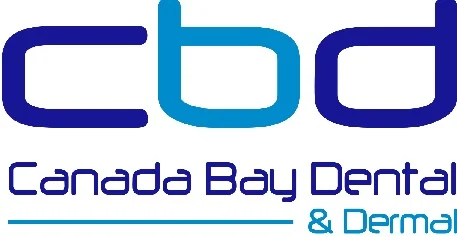What should I use to clean my baby’s teeth?
/At Canada Bay Dental.Ideally, a child’s entire milk or deciduous dentition is in place by 2 years of age. This is ideal as the child can learn how to chew food and swallow properly. However, this eruption pattern is not without its own problems. As a child develops teeth very, very early in life, they have to be taught how to care for them properly. In fact, it is the parent’s responsibility to care for baby teeth from six months onwards to ensure that teeth are clean and cavity free.
Start By Caring For Your Child’s Gums
This is very important and most parents forget to do this when the baby is small. After a breast or bottle-feed, use a soft washcloth to clean the baby’s mouth and gums. This removes any food particles in the mouth and prevents oral bacterial or fungal conditions. Clean your baby’s mouth at least twice a day and wipe down your baby’s gums especially at night or after a night feed. You can use a soft washcloth or towel dipped in warm water to do the job.
Caring For Teeth When They Start To Arrive
Once the baby teeth arrive, the process is much the same. For small babies, you can use a washcloth to clean individual teeth. As the teeth increase in number, you can shift over to a toothbrush. Choose a toothbrush that has a small head, with extra-soft short bristles and with a large handle.
At first, you can just wet the toothbrush and gently clean around the tooth. When the child gets two or more teeth, you can graduate to a larger toothbrush and start using toothpaste as well. As a general precaution, most dentists recommend using toothpaste only after the child is one year old or more. Use only a pea-sized amount of toothpaste and make sure the child spits out all the toothpaste after brushing. Avoid using fluoridated toothpaste in small children but you can use it once the child is two years or more.
Brush around the teeth and help your child to brush his or her own teeth. You will have to supervise the rinsing and spitting process until your child is at least 6-years of age. Teach your child to clean his or her tongue with a separate tongue cleaner or by using the toothbrush itself. Most children cannot use a mouthwash until they are over the age of 8 years and it is not a good idea to give it to them. You should know that almost every country now uses fluoridated tap water and a simple rinse is more than enough to strengthen teeth in a small child.
Regular Dental Checkups
Take your child to the dentist every six months to catch early caries and to ensure that your child is following proper dental care measures. Your dentist will also be able to follow the eruption of teeth into the cavity and help in case he or she notices dental problems.
The best way to ensure dental health in children is by practice and patience. Children mimic what adults do and you have to enforce oral hygiene measures by first gently brushing your child’s teeth yourself and then brushing your teeth with your child everyday as they grow up. After 8-years of age, children usually learn to maintain their own oral hygiene but a parent’s job is never done and you may have to check their teeth now and again. Combine oral hygiene measures with regular biannual dental checkups and you will not have anything to worry about.
